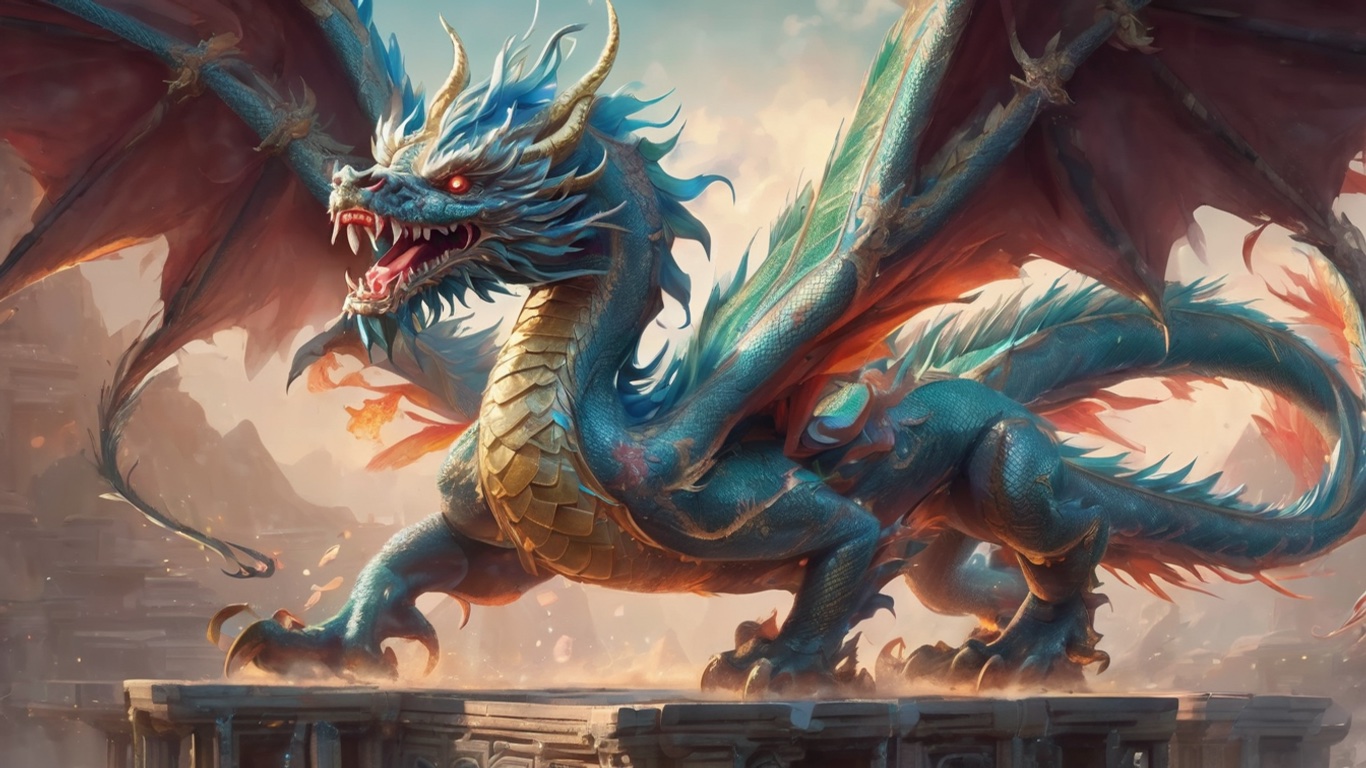
Services Offered by Unity Game Developers
Before we explore the geographical disparities in Unity developer costs, let’s first understand the services provided by reputable game studios:
- Graphics: Unity’s game engine is celebrated for its exceptional graphics and architectural rendering. Developers can leverage Unity’s capabilities for accelerated graphics rendering, resulting in visually stunning games. For instance, Gris, developed by Nomada Studio, showcases Unity’s potential through its visually captivating and emotionally engaging graphics.
- Game Audio: To craft an immersive gaming experience, captivating audio is crucial, including character voices, background music, and sound effects. Unity equips developers with tools to create audio from scratch or use pre-made sound assets. “Outer Wilds” by Mobius Digital is a prime example of how Unity’s audio capabilities enhance the sense of adventure and wonder within a game.
- Game Physics: Unity game developers have the power to create realistic game environments and manage the physics system of their projects. Unity simplifies this process, sparing developers from writing extensive code for every game element. “Kerbal Space Program” by Squad demonstrates Unity’s contribution to creating a physics-based game that simulates space exploration with precision.
- Scripting: Unity streamlines scripting, allowing developers to create scripts once and deploy them across multiple platforms. These scripts govern character behavior, animations, interactions, and other crucial game elements. “Satisfactory” by Coffee Stain Studios relies on Unity’s scripting capabilities to offer intricate factory-building gameplay.
- Graphical User Interface (GUI): The GUI in Unity is designed to align seamlessly with a game’s theme, narrative, and design. It encompasses the creation of buttons, drop-down menus, and interactive game elements. “Spiritfarer” by Thunder Lotus Games utilizes Unity’s GUI to enhance player interactions with its heartwarming characters and rich narrative.
Factors Affecting Unity Game Development Costs

- Project Complexity: The complexity of a game project plays a pivotal role in determining development costs. These costs vary based on project intricacy, rather than direct comparisons across countries. Unity’s versatility enables developers to create a wide range of games, but highly complex games necessitate experienced developers. For example, a complex project like “Death Stranding” by Kojima Productions requires significant development expertise.
- Team Size and Expertise: The scale of a project influences the size and expertise required in the development team. The costs differ based on the project’s specifics, rather than direct country-to-country comparisons. Complex projects may necessitate a larger team, and the cost of the team depends on the project’s complexity.
- Graphics and Asset Development: The complexity of graphics, assets, and props significantly influences Unity game developer costs. Costs varying based on the level of detail and intricacy required for the specific project, rather than direct country-to-country comparisons. Games with intricate graphics, detailed characters, environments, and props necessitate skilled developers, impacting both the project timeline and hourly development costs.
- Multi-Platform Development: Unity’s reputation lies in its ability to create cross-platform games. However, developing for multiple platforms can increase costs, with differences in costs depending on the platforms targeted for a specific project, rather than direct country-to-country comparisons. Developing a game for iOS, for instance, is often more expensive than for Android due to platform-specific considerations.
- Testing and Quality Assurance: Rigorous testing and quality assurance are essential to ensure a smooth gameplay experience, and the cost of testing varies by project scope and complexity, rather than direct country-to-country comparisons. Developers must identify and rectify bugs and glitches, ensuring graphics and mechanics are flawless.
- Tools, Licensing, and Publishing: Licensing and tools are foundational to Unity game development, granting access to external assets available in the Unity Asset Store, with costs differing based on the specific tools and assets utilized for a project, rather than direct country-to-country comparisons. These resources expedite development but may also increase costs, particularly for custom-designed projects. Developers may use unique tools and external add-ons to enhance gameplay and add complexity, impacting project costs.
Location-Wise Game Developers’ Salary/Hourly Rate

In the world of Unity game development, the salary or hourly rate of developers can vary significantly across different countries. It’s essential to consider these variations when budgeting for a game development project.
The hourly rates of Unity game developers depend on a multitude of factors, including the developer’s experience, the complexity of the project, and the region or country where the development team is located. Here, we’ll explore the average hourly rates of Unity game developers in eight different nations, without making direct comparisons.
- India: Unity game developers in India have an hourly rate of approximately $25, making it one of the most cost-effective options for game development.
- Ukraine: Ukraine is another cost-effective choice, with Unity developers charging around $32 to $38 per hour for their services.
- United States: The United States, known for its thriving game development industry, typically sees Unity developers charging an hourly rate of around $75 to $150, depending on location within the country.
- Canada: Canada, with its burgeoning gaming sector, sees Unity developers commanding an hourly rate in the range of $50 to $100, again varying by location.
- United Kingdom: Unity developers in the United Kingdom often charge an hourly rate of $50 to $100, with London typically on the higher end of the scale.
- Australia: In Australia, Unity developers usually charge an hourly rate of $60 to $110, with differences depending on the city.
- Germany: Germany is another hub for game development. Unity developers there may charge an hourly rate of $60 to $120, with Berlin often on the higher end.
- Japan: Unity developers in Japan tend to charge an hourly rate of $60 to $140, with Tokyo being one of the more expensive cities.
Conclusion
In summary, estimating the costs of Unity game development is a complex undertaking, and the choice of location is a critical element. Based on industry reviews and insights, Ukraine stands out as a top choice, renowned for its highly skilled developers who offer their services at a cost-effective rate. Notably, Ukraine has a strong track record of contributing to popular and cutting-edge games. By carefully considering the nuances of geographical disparities in developer salaries or hourly rates, project complexity, team size, and expertise, graphics and asset development, multi-platform considerations, testing, and tool utilization, you gain the insights needed to make informed financial decisions for your Unity game development journey. Whether you opt for a location like Ukraine, where experienced developers are available at a lower cost, or choose countries with higher expenses, a comprehensive understanding of Unity game development costs is essential for the success of your remarkable project.




